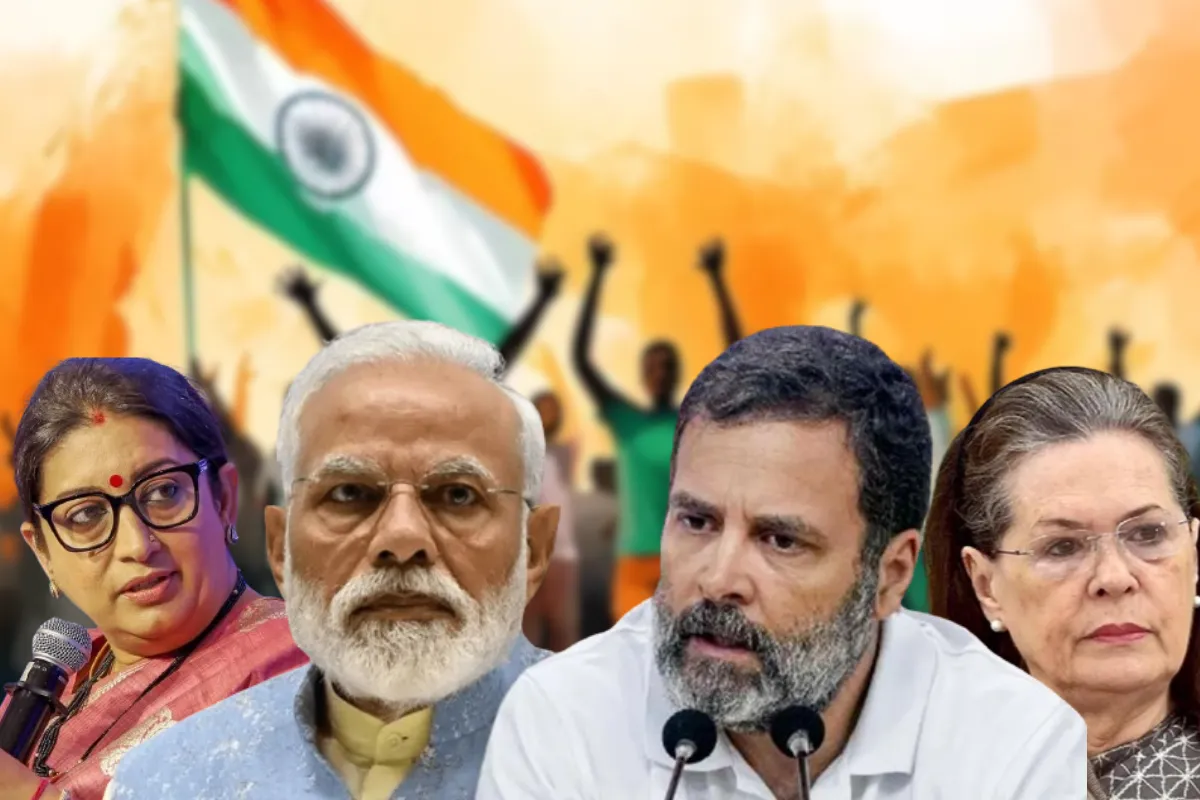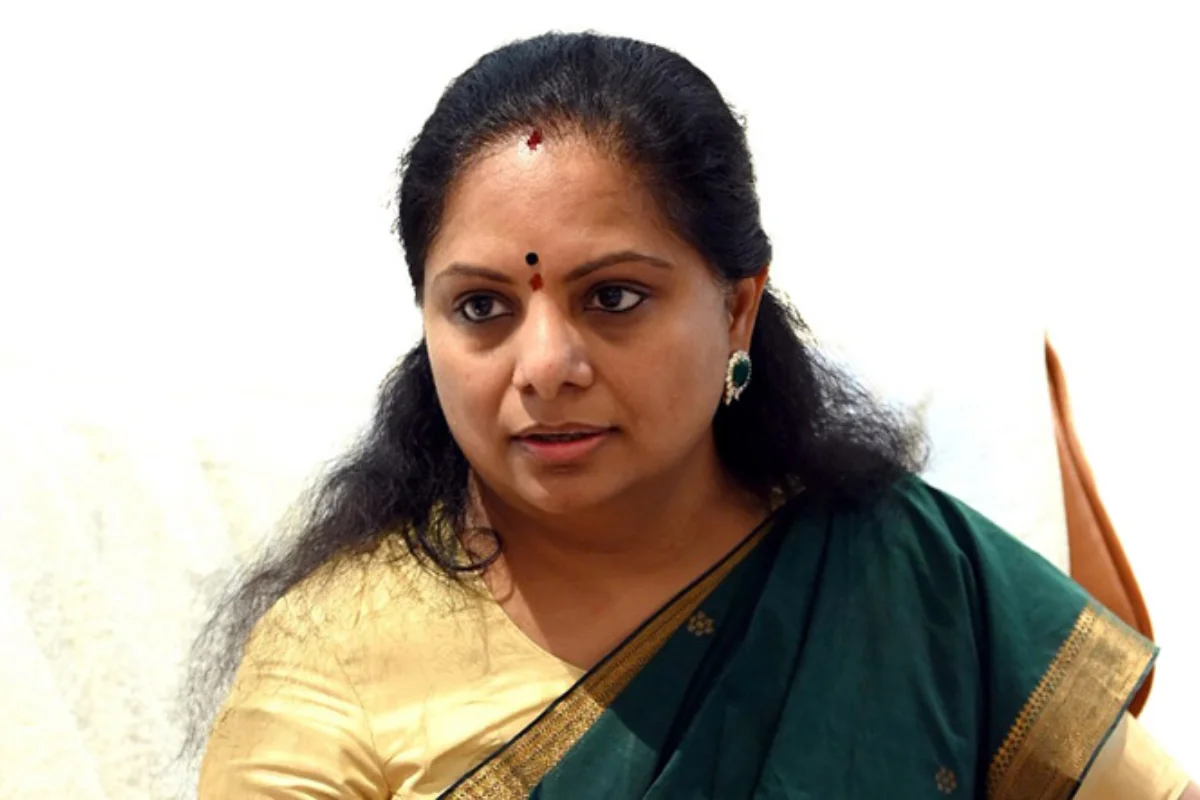POCSO Act: Chief Justice of India DY Chandrachud expressed worry over the taboo surrounding child sexual assault on Saturday and urged families to come forward with reports of abuse even when the offender is a relative.
The CJI asked the legislature to take into account the growing concern regarding the “age of consent” under the Act while speaking at the opening session of the two-day national programme on implementation of the POCSO Act 2012.
Also Read: With 46.61 lakh ABHA health IDs, Odisha tops the list
The way the criminal justice system operates occasionally makes victims’ trauma worse
The CJI brought out the unpleasant reality that the way the criminal justice system operates occasionally makes victims’ trauma worse. Therefore, to stop this from happening, “The executive must therefore join hands with the judiciary to prevent this from happening,” he stated.
Smriti Irani, the Minister for Women’s and Children’s Development, spoke at the event and emphasised the urgency of moving the trial along and providing survivors’ compensation. She highlighted facts to demonstrate her point, stating that the typical amount of time needed to resolve a POCSO case is 509 days. Judges were asked for advice by the minister on what could be done in terms of infrastructure to speed up child-related solutions.
“There are three acquittals for every conviction, and 56% of all Pocso trials involve penetrative sexual assault offences. Of all cases, severe penetrative assault makes up 25.59%. Therefore, our current method still requires a strong intervention, she added, citing data.
Also Read: Delhi liquor policy case: CBI interrogates K Kavitha, KCR’s daughter at her home| Watch
Significance of raising awareness
CJI Chandrachud further emphasised how important it is for the state and other stakeholders to raise awareness of child sexual abuse prevention, prompt recognition, and legal remedies due to the long-lasting effects of this crime. Above all, he argued, it was crucial to make sure that the child’s best interests did not take precedence over the so-called honour of the family.
According to the CJI, victim’s relatives are extremely reluctant to report crimes to the police, thus one must be very cautious about giving them sweeping authority. One explanation for this is clearly the slow-moving nature of the criminal justice system, but other elements also play a sizable part.
The stigma surrounding allegations of child sexual abuse is still quite strong. There is a culture of silence that results from feelings of shame and ideas about family honour, he claimed. As a result, the issue of child sexual abuse continues to be underreported.
The CJI also encouraged the legislature to take into account the growing anxiety regarding the POCSO Act’s age of consent. “You are aware that the Pocso Act criminalises all sexual acts among those under 18 regardless of whether consent is present factually among the minors, because the presumption of the law is that there is no consent among those below the age of 18,” he remarked.
“In my time as a judge, I have observed that this category of cases poses difficult questions for judges across the spectrum. There is a growing concern surrounding the issue which must be considered by the legislature in view of reliable research by experts in adolescent healthcare,” he continued.
Keep watching our YouTube Channel ‘DNP INDIA’. Also, please subscribe and follow us on FACEBOOK, INSTAGRAM, and TWITTER












